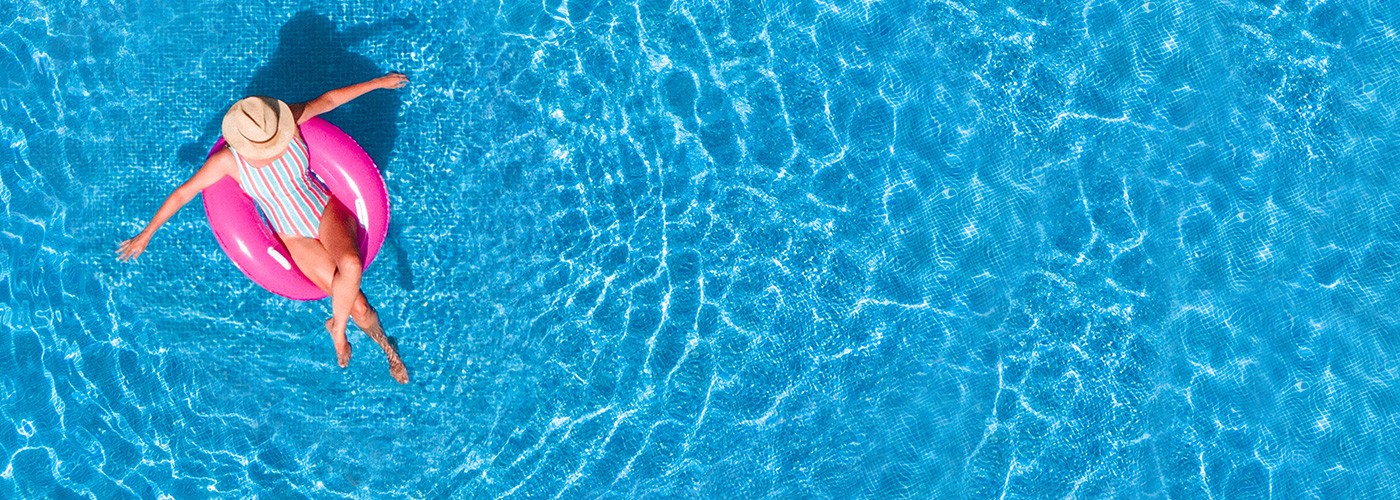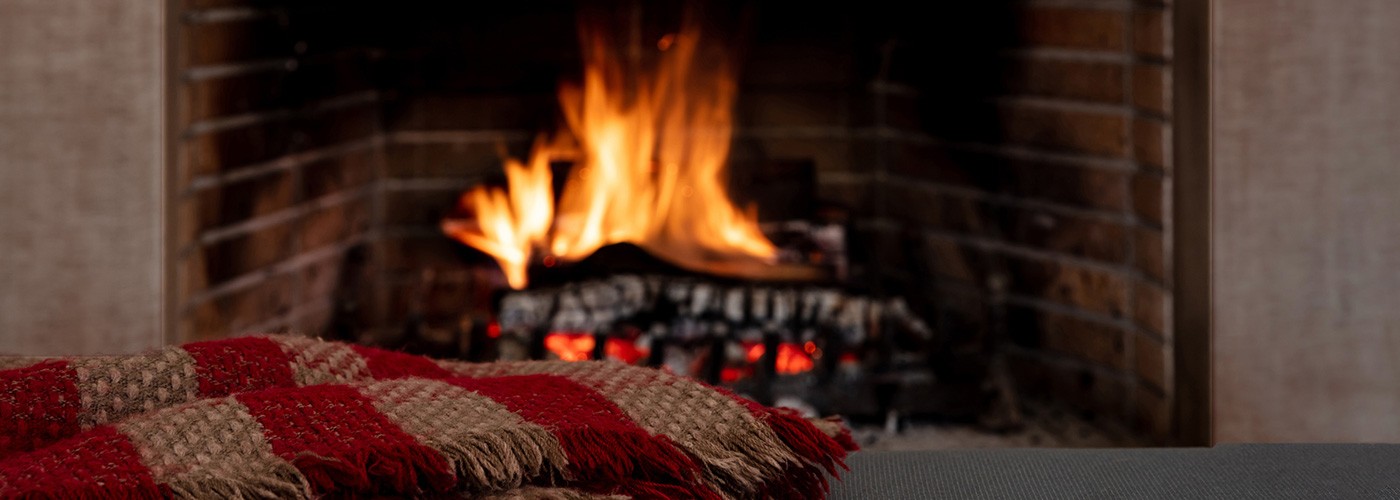Canada Post service disruption is in effect. Please call us if you need assistance. Intact Insurance clients: easily access your documents through the app or Client Centre.
AccèsConseil joins the Ellipse Group. We are joining forces to better serve our clients and grow our teams. Read the official press release
Water damage ranks highest in Quebec for home insurance claims. Among their main causes: sewer backup, household equipment freeze-ups, breakage of a public water main, breakage of an indoor plumbing system. First, let's define what types of water damage exist and which ones are covered by insurance.
Flooding
Floods are considered recurrent and predictable climatic phenomena by insurers. As such, they are not typically covered by basic home insurance.
External waters
Claims due to damage caused by external waters are generally not covered by your basic contract. It is therefore important to keep yourself informed and add the necessary coverage. These endorsements, that is, additional clauses to your contract, are however limited. It is important to discuss your particular situation with us to determine the amount that is right for you.
Sometimes, in certain sectors, the amount is limited for everyone and cannot be exceeded.
From the inside
Claims for water damage from inside your home are normally covered by your basic home insurance policy. But what does "from the inside" mean?
- Pipes under the sink: pipes under sinks are particularly vulnerable. The cause: mold and corrosion caused by moisture and accelerated by the vapors diffused by some cleaning products.
- The toilet supply hose: The hose that feeds the toilet may have weaknesses.
- The washing machine hose: the hose that feeds the washing machine with water is subject to frequent and significant pressure. That will shorten its life.
- Boiler: insurers agree that traditional hot water tanks have a service life of more or less 10 to 13 years, since the heating element eventually deteriorates and corrodes the inside of the tank.
Some tricks to prevent water damage
Just keeping your house in working order, doing regular inspections and getting the necessary repairs done can save you a lot of hassle.
- Always follow the manufacturer's recommendations for new installations
- Regularly inspect the evacuation and supply hoses of your household appliances.
- In case of doubt, ask a plumber.
- Whenever possible, turn off the taps at the wall after each use.
- If you are going on a trip, drain your pipes and shut off the water supply.
- Do not leave the house while the dishwasher or washing machine are on.
- Have a check valve installed by a plumber on the sewer drain to prevent backups.
- After 10 years, say goodbye to your water heater and replace it!
What to do in case of a disaster?
- Take inventory of your damaged or destroyed property.
- Take pictures or a video of the destroyed property before throwing anything out.
- Turn off the water
- Call us!
Contact us, our advisors are here to answer your questions and guide you.
For more information:
Inside water damages: https://infoassurance.ca/en/blog/Prevention-habitation/water-inside.aspx
Exterior water damages: https://infoassurance.ca/en/blog/Prevention-habitation/water-outside.aspx
Property inventory: https://infoassurance.ca/en/home-insurance/insurance/property-inventory.aspx


